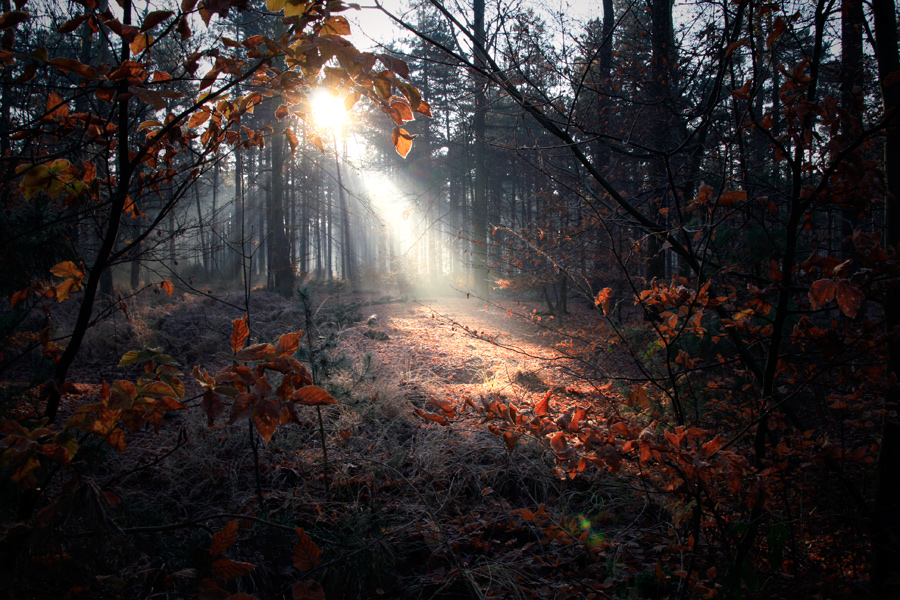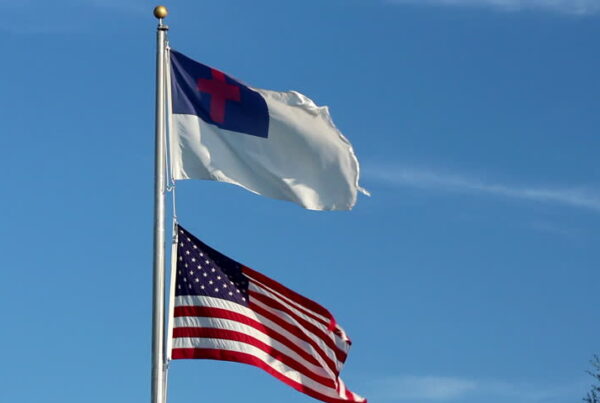“‘Farewell, Aragorn! Go to Minas Tirith and save my people! I have failed.’ ‘No!’ said Aragorn, taking his hand and kissing his brow. ‘You have conquered. Few have gained such a victory. Be at peace! Minas Tirith shall not fall!’” – The Death of Boromir. J.R.R. Tolkien, The Fellowship of the Ring: Being the First Part of the Lord of the Rings
“No, in all these things we are more than conquerors through him who loved us.” – Romans 8:37
A friend of mine died this week. Death is many things, but one unavoidable consequence of death is that it is a great interruption. By interruption, I don’t mean an inconvenience. An inconvenience is a minor nuisance, a pesky bug that can be swatted away or ignored given sufficient willpower. No, death interrupts like a black hole interrupts gravity, time, and space. It forces everything to stop and bend towards its own trajectory. The cares and concerns of one day now seem trivial the next. The mind wanders not to pleasures or simple distraction, but rather to sorrow and shadowed introspection. This interruption can be so great you often wonder why others don’t seem to feel it too. You begin to resent those who don’t seem nearly as “interrupted” as you are. This resentment may even lead to bitterness and broken relationships. In other words, death not only interrupts you on the inside, but it may interrupt you on the outside as well. I could go on, but let me simply explain that this great “interruption” that results from death is what we often call grief, and it can be nothing short of a horror.
This horror is like a great dragon lurking and looming ready to consume. Some will say you fight the dragon with time or tears. But Smaug was not slain by tears and time does not heal these sorts of wounds. Time and tears are at best a band-aid over a bullet hole. You may try to hide from the dragon in your silent anger, shaking your fist at God and His good providence. But the dragon only grows stronger when you shake that which the Lord created in His own face. You may try to ignore the dragon by numbing your conscience with drunkenness or treating your mind like a chemistry experiment where if you just find the right combination you may find peace. All of this is ultimately folly. The grief, the great interruption, remains.
What then shall we do? I would like to tell you that I have this whole “grief” thing figured out. The reality is that I don’t. Grief bends, breaks, and maims, and at times this week, I feel as if I have been bent, broken, and maimed. “God is good and he is sovereign,” I tell my children. I know it and I believe it, but I would be lying if at times this week it didn’t sound a little hollow in my ears which are bent by grief. Thankfully, Jesus did not leave me there this week. He did what he always does, take my unbelief and like the master potter that he is, take up this gritty mud and shape it into something better, something beautiful, fit for His glory. You see, for the disciple of Jesus, even grief may be redeemed.
“For I consider that the sufferings of this present time are not worth comparing with the glory that is to be revealed to us.” – Romans 8:16
You see Christ not only slays dragons, but he tames them. This great interruption is what God may use to pierce through our hardened hearts to remind us of His own glory and goodness. The answer to grief then is glory, God’s own glory. Death is not outside of His dominion, and during the Easter season of all times, we should see this fully and clearly. Death is full of sorrow and pain. It should be. It is unnatural, a result of the sin of Adam which has infected creation. However, as creation groans under the strain of death and sin, God in His triune glory works to make all things new. And for the disciple of Christ, in whom the Holy Spirit dwells, this recreation is not metaphorical, but real and personal.
“For we know that the whole creation has been groaning together in the pains of childbirth until now. And not only creation but ourselves, who have the firstfruits of the Spirit, groan inwardly as we wait eagerly for adoption as sons, the redemption of our bodies.” – Romans 8:22-23
“Likewise the Spirit helps us in our weakness. For we do not know what to pray for as we ought, but the Spirit himself intercedes for us with groaning too deep for words.” – Romans 8:26
Creation grieves and groans. We grieve and groan. We await the day when Christ will return and make all things new. We await the ultimate fulfillment of our adoption as heirs of His eternal and deathless kingdom. In the meantime, the Christian has the indwelling presence of God, who knows us inside and out, who not only helps us in our prayers of grief but in a sense groans with us, more deeply and truly than we will ever understand. This great interruption and its resulting sanctifying work can shape us and mold us into the image of Christ. In this Christlikeness, we remember that for the Christian, “all things work together for good, for those who are called according to his purpose. (Rom. 8:28)” Yes, all things. Even death.
“For in this hope we were saved. Now hope that is seen is not hope. For who hopes for what he sees? But if we hope for what we do not see, we wait for it with patience.” – Romans 8:24
So this week and perhaps beyond we grieve. But this grief is no dragon that only devours and destroys. For the Chrisitan, our grief is one of hope. We can, through the work of the Father, Son, and Holy Spirit, grieve “in hope.” A hope which is not founded on our own fallen and faulty understanding (what we see), but rather a hope founded on the eternal promises of God. This hope is not a cheap psychological trick or an empty coping mechanism, but rather the basis for all of reality. It is the hope of our salvation. The hope not of our own work or our own understanding, but hope in the work, goodness, and sovereignty of Jesus who himself died and rose again, defeating even death.
“What then shall we say to these things? If God is for us, who can be against us? He who did not spare his own Son but gave him up for us all, how will he not also with him graciously give us all things?” – Romans 8:31-32
Let us grieve and hope together, for in Christ, we have conquered and His city will never fall.









